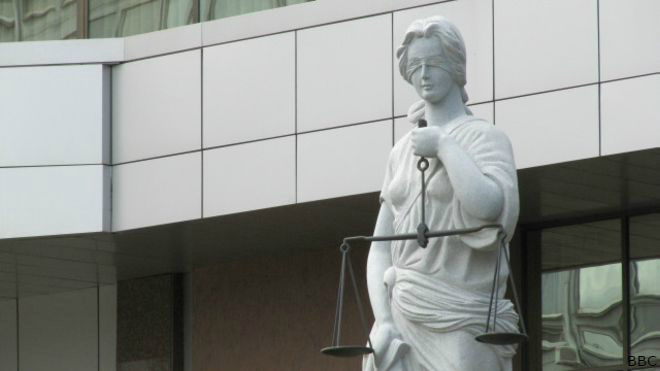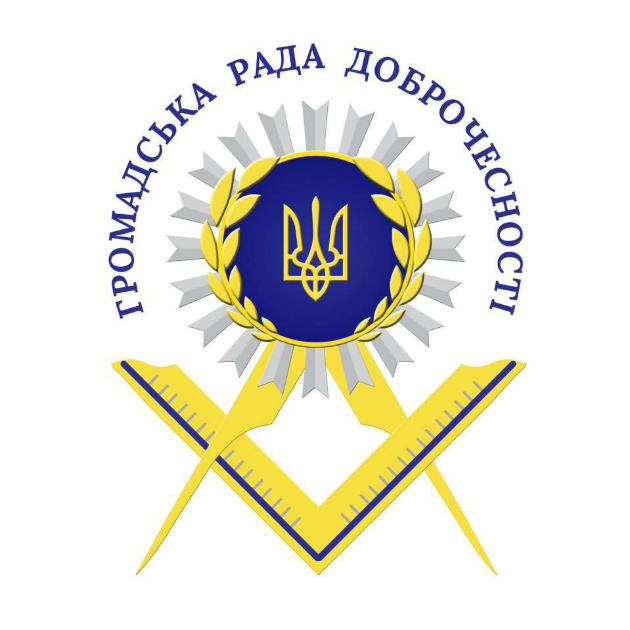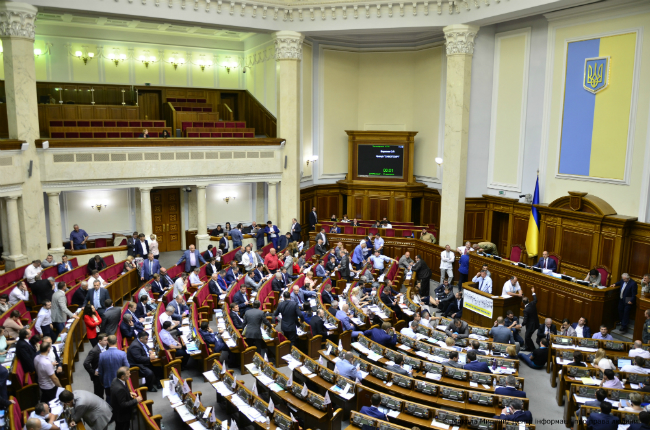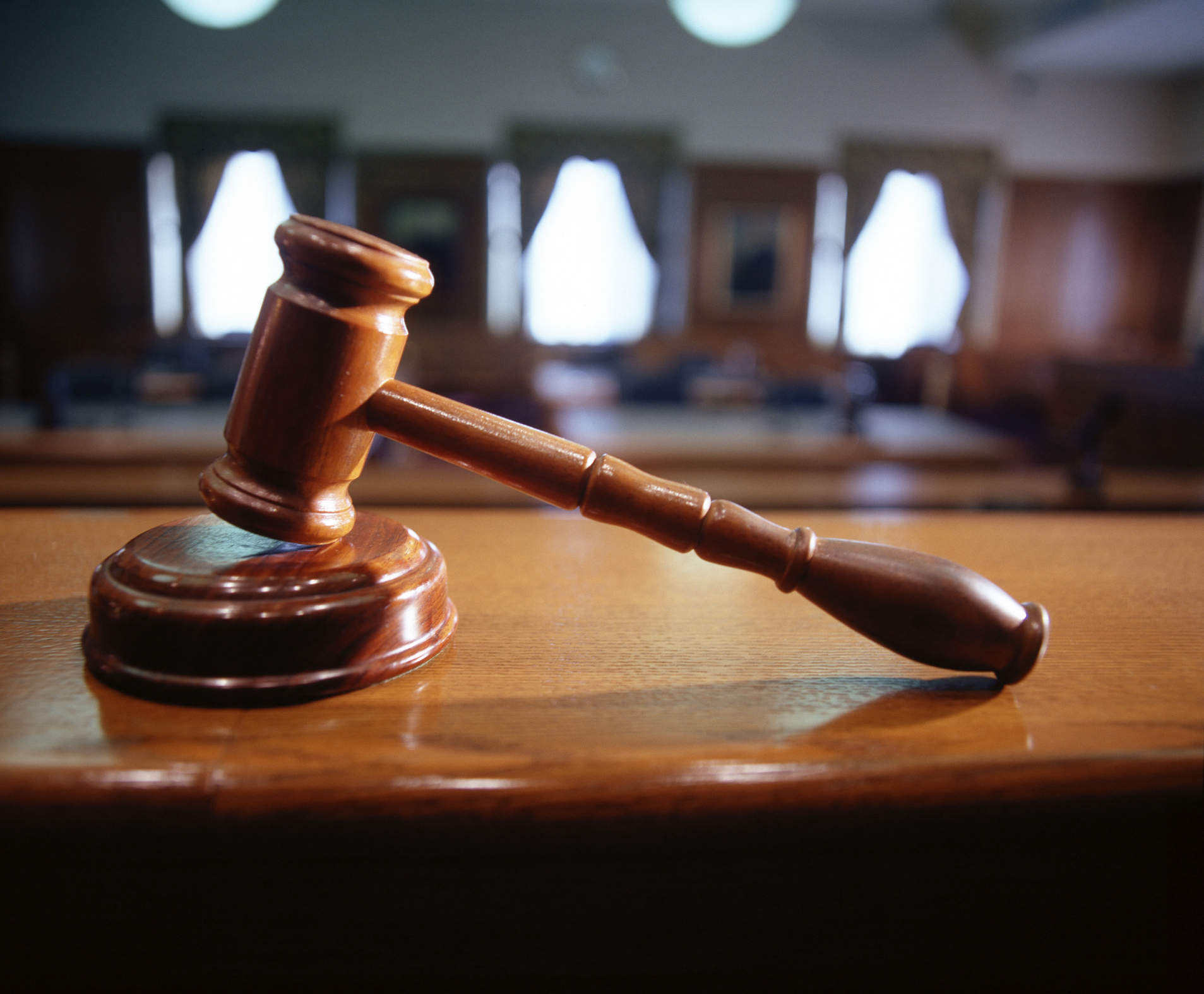Second wave of judicial reform: What has been achieved and what to expect?
The struggle of society for judicial reform is a result of the injustice of the Ukrainian justice society, which was especially evident during the Ukrainian Revolution of Dignity. Although, even before that citizens’ trust in courts was miserable.
LOW LEVEL OF TRUST
According to various sociological studies, trust in courts is a critical 8-10 percent, which is predominantly lower than in other state institutes. Such a low level of trust is resulted by at least three key problems.
 The first is corruption which, unfortunately, has affected the judiciary and not only is convenient for judges, but also convenient for those who, through corruption, have the opportunity to “solve” their issues in courts, in particular the oligarchs. It is a shame that the joint responsibility and the stability of corrupt ties in the judiciary system does not provide the opportunity to effectively counteract this phenomenon.
The first is corruption which, unfortunately, has affected the judiciary and not only is convenient for judges, but also convenient for those who, through corruption, have the opportunity to “solve” their issues in courts, in particular the oligarchs. It is a shame that the joint responsibility and the stability of corrupt ties in the judiciary system does not provide the opportunity to effectively counteract this phenomenon.
The second problem is the political dependence of the judges. It is based both on legislative mechanisms and on the system of informal practices. Judges are very sensitive to the political component of affairs. Many judges are accustomed to this system and see their role in serving the interests of representatives of political power, and not in protecting human rights and asserting the rule of law. Many judges owe their careers to the representatives of the Presidential Administration of Yanukovych, who fled to Russia after the Revolution of Dignity, and remain their agents of influence.
The third problem is inefficiency of courts, which requires optimization of human and material resources, simplification of the judicial system and procedures.
The political power became the monopolist in the production of the reform documents. On the one hand, it tries to justify the expectations of society and embody the European standards and on the other – pursues its own interests, which consist in maintaining control over the courts. Initial attempt to change the judicial system by formally strengthening the independence of judges have not produced any visible result. On the contrary, this only reinforced the joint responsibility and impunity in the judiciary.
POSSIBILITIES FOR REFORM
In 2016, good opportunities for a full-fledged reform have been established, but the real result will appear only after the implementation of constitutional changes regarding justice, it can take from three to five years.
 Firstly, on June 2, 2016, a law amending the Constitution regarding justice was passed which laid the mechanisms for the renovation of the judiciary, strengthened the independence of the judges and narrowed the scope of judicial immunity. On one hand, reforming the judicial system through constitutional changes was an attempt to bring it in line with European standards, while on the other, created a basis for purifying judiciary through evaluations, contests and the possibility of releasing a judge in the event that origin of his property is proven lawful.
Firstly, on June 2, 2016, a law amending the Constitution regarding justice was passed which laid the mechanisms for the renovation of the judiciary, strengthened the independence of the judges and narrowed the scope of judicial immunity. On one hand, reforming the judicial system through constitutional changes was an attempt to bring it in line with European standards, while on the other, created a basis for purifying judiciary through evaluations, contests and the possibility of releasing a judge in the event that origin of his property is proven lawful.
Secondly, the new law On the Judicial System and the Status of Judges oversaw the transition to a three-tiered system of courts led by the new Supreme Court, which should be formed on a competitive basis in 2017. The competition was announced in November, and for the first time, not only judges, but also lawyers and scientists are participating in it.
The new Supreme Court should be created in place of the current Supreme Court and the three highest specialized courts, which were the cassation instances. That is, the legislator accepted the recommendations of the Venice Commission and the demands of public organizations on the three-tier system.
 Thirdly, the same laws provide for the qualification evaluation of judges. Public Integrity Council, which is the body formed by public associations on the basis of the law, will partake in the assessment of judges. Public Integrity Council will give conclusions and information about the righteousness of judges and candidates for this position. Their conclusion will not be decisive, but in order to overcome them the candidates have to obtain more than two thirds of voices of the High Qualification Commission of Judges, which will conduct a qualification assessment of the judges.
Thirdly, the same laws provide for the qualification evaluation of judges. Public Integrity Council, which is the body formed by public associations on the basis of the law, will partake in the assessment of judges. Public Integrity Council will give conclusions and information about the righteousness of judges and candidates for this position. Their conclusion will not be decisive, but in order to overcome them the candidates have to obtain more than two thirds of voices of the High Qualification Commission of Judges, which will conduct a qualification assessment of the judges.
Fourthly, a legal framework has been created for the introduction of private bailiffs. In general, the introduction of the institute of private bailiffs can become a very important reform, since, according to different estimates, 80 to 98 percent of court decisions are not executed in Ukraine.
Ukraine has followed the path of those countries that have chosen a mixed (public-private) model for the organization of enforcement of judgments. It is expected that with the development of the institution of private bailiffs the State’s influence in this area will decrease and maybe, over time, the State Enforcement Service will be abandoned. The competition should reduce the corruption in this area and improve the efficiency of judgment execution. But it is important for the State to artificially restrain the development of the institution of private bailiffs.
The problematic moments during the course of the judicial reform in 2016 were: a considerably delay in the adoption of the necessary legislation to implement the constitutional changes, the introduction of a law monopoly on court representation up to the constitutional level, postponing the ratification of the Rome Statute of the International Criminal Court, the preservation of a purely political way of the appointment and dismissal of the General Prosecutor, the failure to ensure the justice in some regions, the failure to find candidates for vacancies, maintaining a sense of impunity in the judicial system, liability on the part of the Supreme Council of Justice and the High Qualification Commission of Judges in the disciplinary procedure.

2017 is the year of introduction of constitutional changes regarding justice. Laws necessary for full implementation must be enacted. It can be assumed that there will be attempts to offset a number of progressive constitutional provisions through laws or practice of application.
The issue if the results of the reform will be positive not only depends on the goodwill of the State, which is not enough, but also depends on the persistence of civil society and international partners. Because the most active part of the judiciary and politicians are doing everything possible to close the system of impact on them, despite any legislative changes. And it is almost the biggest challenge up to date.
The following points can be highlighted as priorities in 2017 in the field of judicial reform.
NEW SUPREME COURT
653 applicants participate in the contest, which is conducted by the High Qualification Commission of Judges. Candidates are also checked by the Public Integrity Council. The key to the success of the competition should be its maximum transparency, but this issue largely depends on the High Qualification Commission of Judges.На початку березня активісти пікетували кваліфкомісію суддів, вимагаючи не приховувати досьє кандидатів у Верховний Суд
Much is expected from the new Supreme Court. Not only it should replace the three highest specialized courts and the current Supreme Court, but by exercising cassation powers set high standards of justice for the entire judicial system.
It is important not to neglect the idea of the new Supreme Court, by “giving” it the tens of thousands of cases that have accumulated in the higher courts. This is what this mechanism the law envisages. But the new Supreme Court may not survive under the pressure of the cases. Therefore, the changes amendments to the law are required and the new Supreme Court should accept only new cassational appeals. Cases of the high specialized courts must be considered by the same specialized courts or, as a out of a necessity, transferred to the courts of appeal.
QUALIFIED ASSESSMENT
It is important in 2017 to evaluate the judges, who were earlier appointed for five years and judges of the appellate courts. It is also possible to start the process of reorganization of courts of appeal and create new courts of appeal, by the way of competition, which will be open for participation not only for judges. It is important to start building the pool of candidates for the position of judges of local courts, since the preliminary pool of reserve has exhausted itself.
It is essential for the new norm of the Constitution about the obligations of judges to prove its viability in practice. According to the norm, judges must prove the legal origin of their property, for violation of such obligation judges shall be dismissed.
ANTI-CORRUPT COURT
Establishment of anti-corruption courts. The law “On the Judiciary and the Status of Judges” provided for the creation of Supreme Anti-Corruption Court, but postponed the term of its establishment to the adoption of a separate law. The efficiency of the National Anti-Corruption Bureau and the Specialized Anti-Corruption Prosecutor’s Office can be negated without the adoption of such law and without the launch of anti-corruption courts.
 In addition to the Supreme Anti-Corruption Court as the court of first instance, special department in the Supreme Court for the appellate reviews, and perhaps consequently, there will be a need to create several regional anti-corruption courts.
In addition to the Supreme Anti-Corruption Court as the court of first instance, special department in the Supreme Court for the appellate reviews, and perhaps consequently, there will be a need to create several regional anti-corruption courts.
The law should establish a special procedure of selection of judges to these courts where international organizations and the public would have decisive vote, instead of political bodies.
In the case of adoption of the law in the first half of 2017, there is a chance that the anti-corruption courts will be able to commence theirs operations in 2018. Though there is no sign of political will to adopt a qualitative law. There will probably be attempts by the government to postpone the adoption of this version of the law, in order to find loyal judges. But, obviously, the public will defend the creation of truly independent anti-corruption courts.
ELECTRONIC COURT
Judiciary will be much more accessible if communication with the court will be fully converted to electronic form, for some users it is more convenient than the postal correspondence and a persona trip to the court.
Electronic court will allow to save significant financial and human, as well as provide an opportunity to accelerate the resolution of the case for the parties and reduce the pressure on the courts. Some technical capabilities for e-court are already created, but changes in procedural legislation, which is based on the paper communication and on the direct presence in the court, are required to make them fully operational.
INTERNATIONAL CRIMES
It is necessary to audit the legislation and infrastructure with a view to ensuring justice in war crimes cases.
Ukraine is in a state of hybrid war with Russia for the last three years. Unfortunately, the judicial system was ill-prepared for work in the conditions of war. The provisions of the Criminal Code on war crimes are not harmonized with international humanitarian law.
The exchange of prisoners is happening outside the legal proceedings. Many judges, who consider cases in the conditions of war, not only have relatives or property in the occupied territory, but they themselves often visit it, which raises doubts concerning their impartiality. In Ukrainian society, the idea of introducing a separate jurisdiction with the participation of a foreign element for the consideration of the war crimes case is being discussed.
JUDICIAL MISTAKES
According to the human rights defenders, dozens of people, who were sentenced to life imprisonment, are serving sentences for other people’s crimes. There is no mechanism of reconsideration of sentences, which were concluded a long time ago, regarding such persons in Ukraine. Many of them died before they had a right to reconsider their cases. Unfortunately for now, the law does not provide for such right. However, the parliament adopted a bill on the first reading and this bill gives a chance to reconsider the case. But, last year parliament was unable to consider the bill at the second reading. Somewhere it was hindered by the prosecutor’s and judge’s lobby, somewhere by the doubts about the effectiveness of the reconsideration in the conditions of existing judicial system, which is not ready to admit their mistakes. But in 2017, it is possible to dispel these doubts, if the process will take place under the new Supreme Court.
JURY TRIAL
Under the conditions of general distrust towards the government in general and courts in particular, involvement of the public may be an effective tool of restoring the confidence. In legal proceedings there is trial by jury. Today it works only in criminal cases, but in its very nature and in an abbreviated form it is the same court with the participation of people’s assessors as before. There are two judges and three people’s assessors, who decide questions of fact as well as questions of law. While the classical model of jury trial involves the people’s jury, which decides whether the person is guilty based on the evidence of the defense and prosecution sides, and the judge, who on the basis of the jury’s verdict either justifies or condemns the person and imposes a sentence.
Obviously, there is a need to introduce such model of the jury. There is also need to expand the scope of its application. It is possible to establish the legislative framework for gradual introduction of trial by jury in 2017.
PRIVATE COURT BAILIFFS
Unfortunately, the bad level of execution of court decisions negatively affects the credibility of the judiciary. The government has a monopoly in this area. This is carried out by the State Executive Service. But there are great opportunities for corruption at the 4.5 thousand state executive officers, who account for the millions of proceedings in the execution each year.
The institution of the private court bailiffs is implemented alongside with State enforcement officers. Execution of judgment by the private court bailiffs will be carried out on the same rules of procedure as they are carried out by State enforcement officers. Now the creditor has the right to choose between State Executive Service and private court bailiff. In the conditions of competition the quality of execution should increase and the conditions for corruptions should decrease.
It is expected that the first private court bailiffs will begin work in the first quarter of 2017, after passing tendering draft procedure. Of course, we should not expect that the number of private court bailiffs will be sufficient to create a proper competition for the State Executive Service this year. But over time, the share of the State Executive Service shall decrease in this area or disappear altogether.
Roman Kuybida, Centre of Policy and Legal Reform








